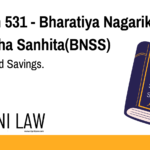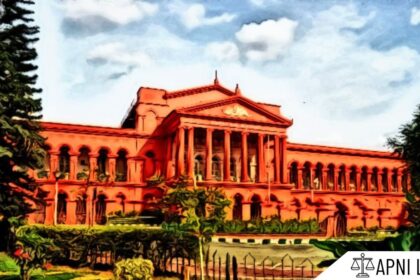Code: Section 144 BSA
A person summoned to produce a document does not become a witness by the
mere fact that he produces it, and cannot be cross-examined unless and until he is called as
a witness.
Explanation of Section 144 BSA
Section 144 of the Bharatiya Sakshya Adhiniyam establishes an important principle regarding persons who are called to produce documents in court. This section clarifies that merely producing a document does not make a person a “witness” in the legal sense.
This provision ensures that the legal rights of individuals are protected by:
- Preventing unnecessary or unjustified cross-examination
- Requiring formal admission as a witness before subjecting a person to questioning
In other words, if someone is summoned to submit a document, they are fulfilling a procedural obligation. They cannot be questioned or cross-examined unless the party calling them expressly calls them as a witness.
Illustration
Example 1: Producing a Business Record
A company’s accountant is summoned to produce financial records. He complies and hands over the documents to the court. Unless the prosecution or defense formally calls him as a witness, he cannot be cross-examined regarding the contents or context of those documents.
Example 2: Avoiding Unjust Cross-Examination
A third-party vendor submits an invoice to court on request. The opposing counsel attempts to question him about contract details. However, the court denies this request since the person was not called as a witness under Section 144.
Common Questions and Answers on Section 144 BSA
- Does submitting a document to the court make someone a witness?
No. As per Section 144, a person does not become a witness simply by producing a document. - Can such a person be cross-examined?
Not unless they are formally called as a witness by one of the parties in the case. - What is the purpose of this provision?
To safeguard individuals from being questioned in court unless they are explicitly presented as witnesses, maintaining procedural integrity and protecting legal rights. - What happens if the party wishes to question the person who submitted the document?
They must formally call the person as a witness and then proceed with examination and cross-examination as per the standard procedure.
Conclusion
Section 144 of the Bharatiya Sakshya Adhiniyam is a procedural safeguard. It distinguishes between a person producing a document and a person serving as a witness. This distinction helps preserve fair trial standards and ensures that individuals are not improperly subjected to cross-examination.
For more detailed explanations of Indian evidence law, visit ApniLaw today.













